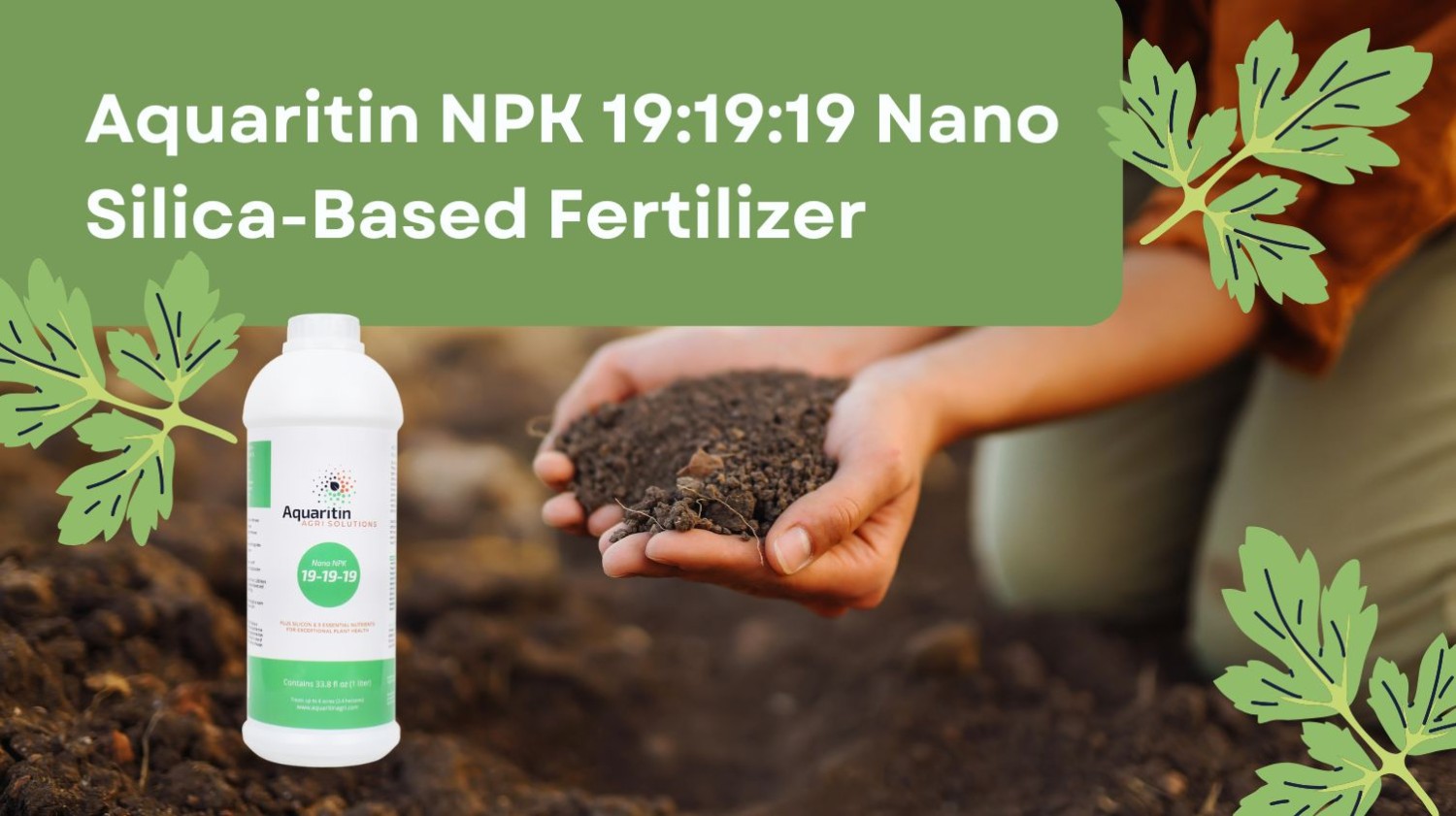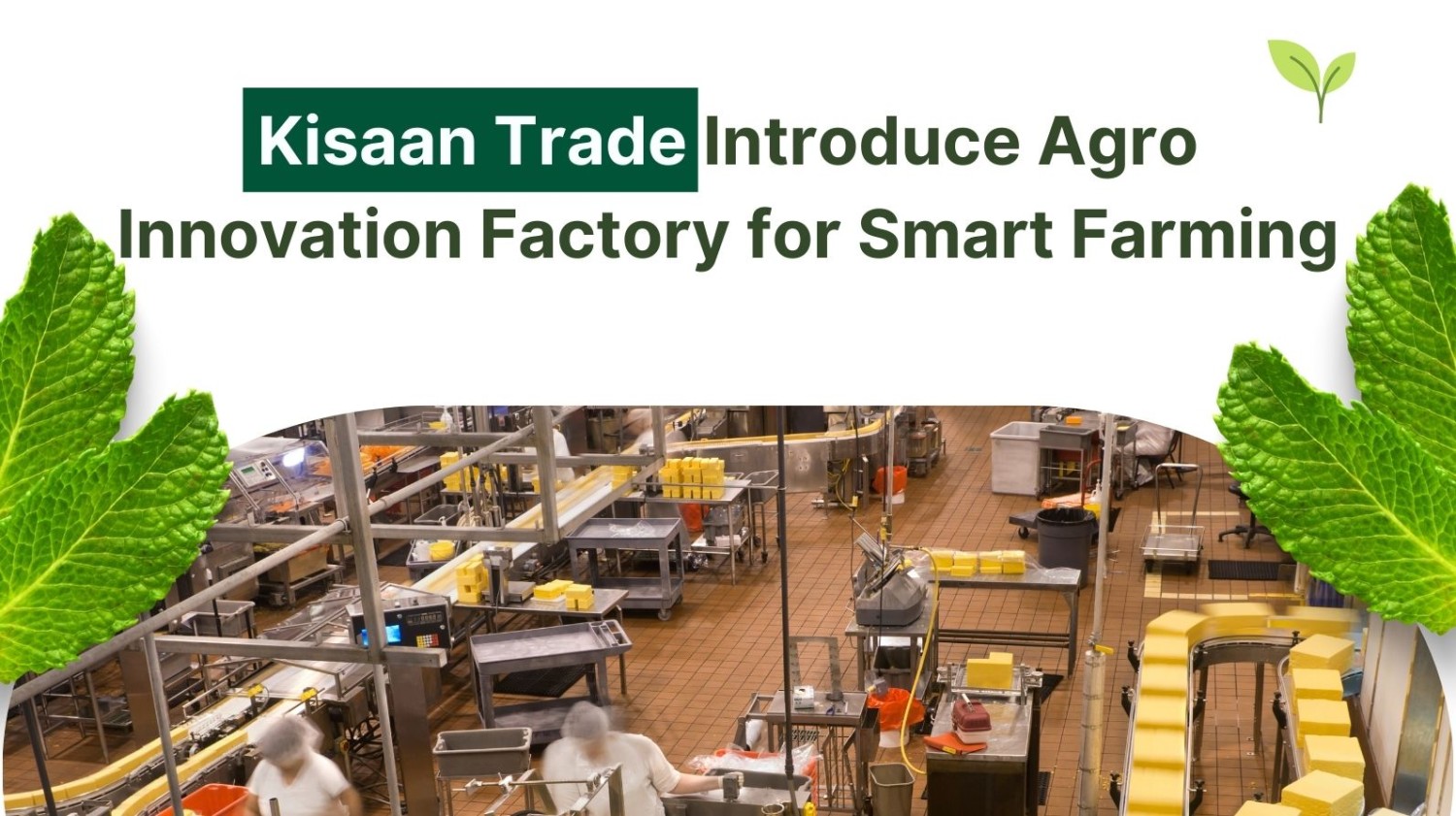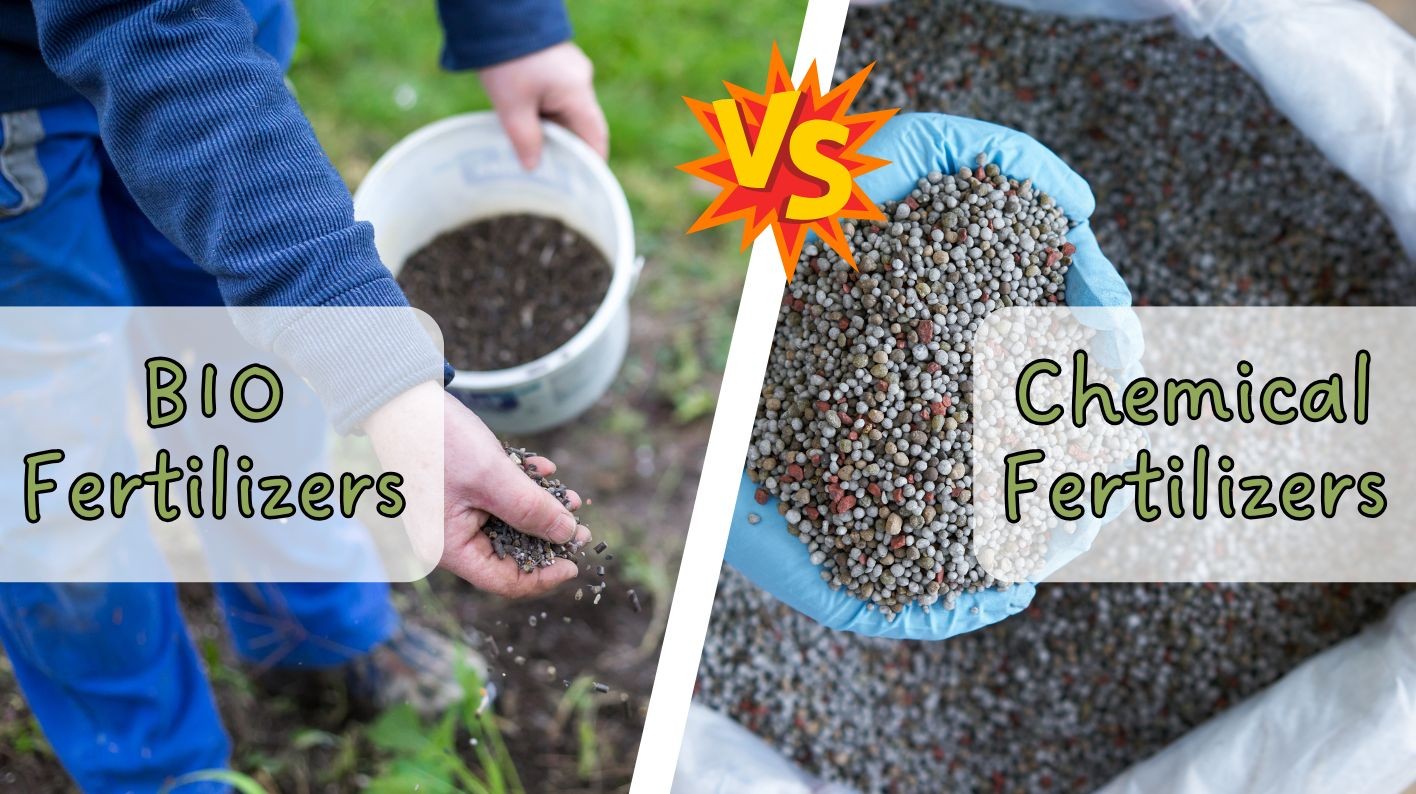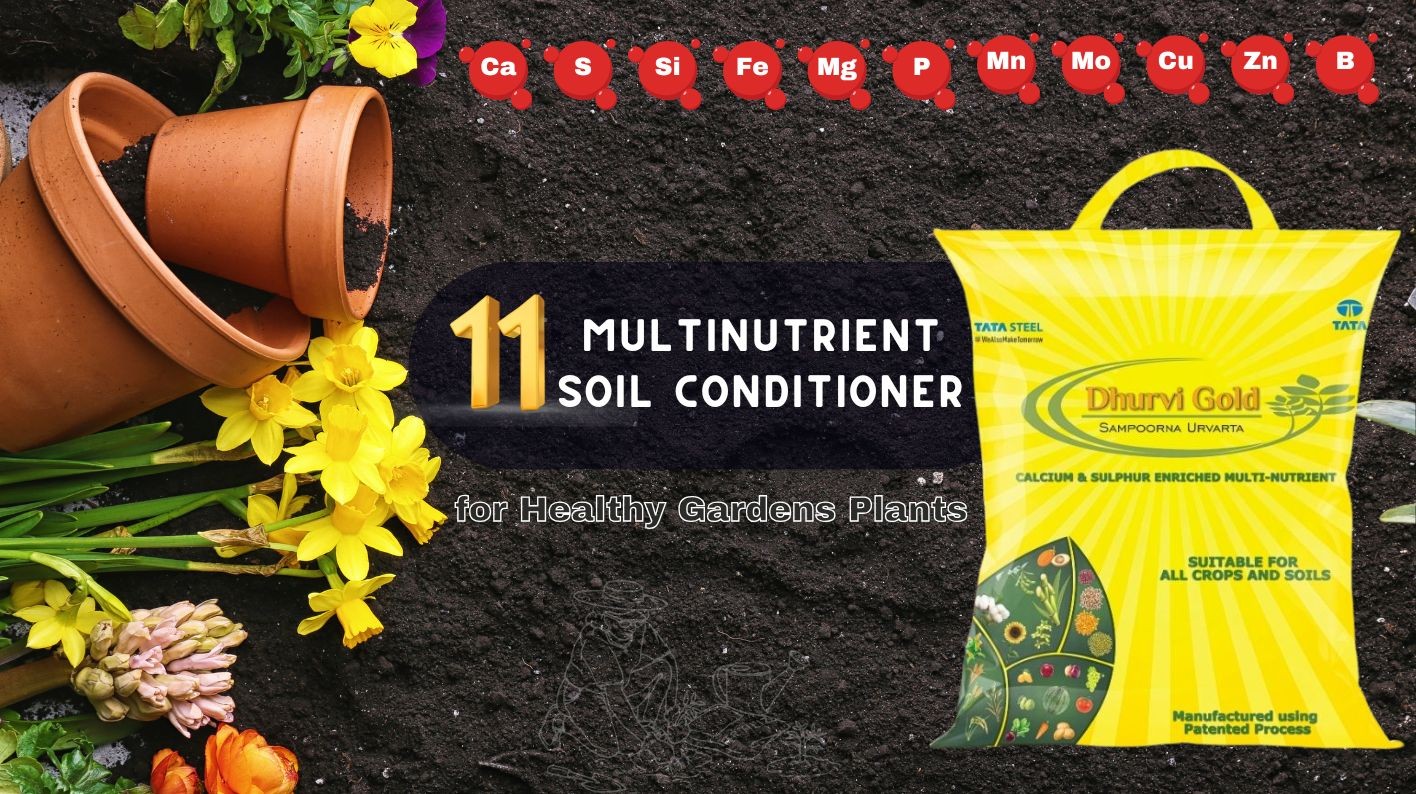Boost Your Crops with Better, Safer Fertilizers in 2024
Jun 25, 2024
Fertilizers
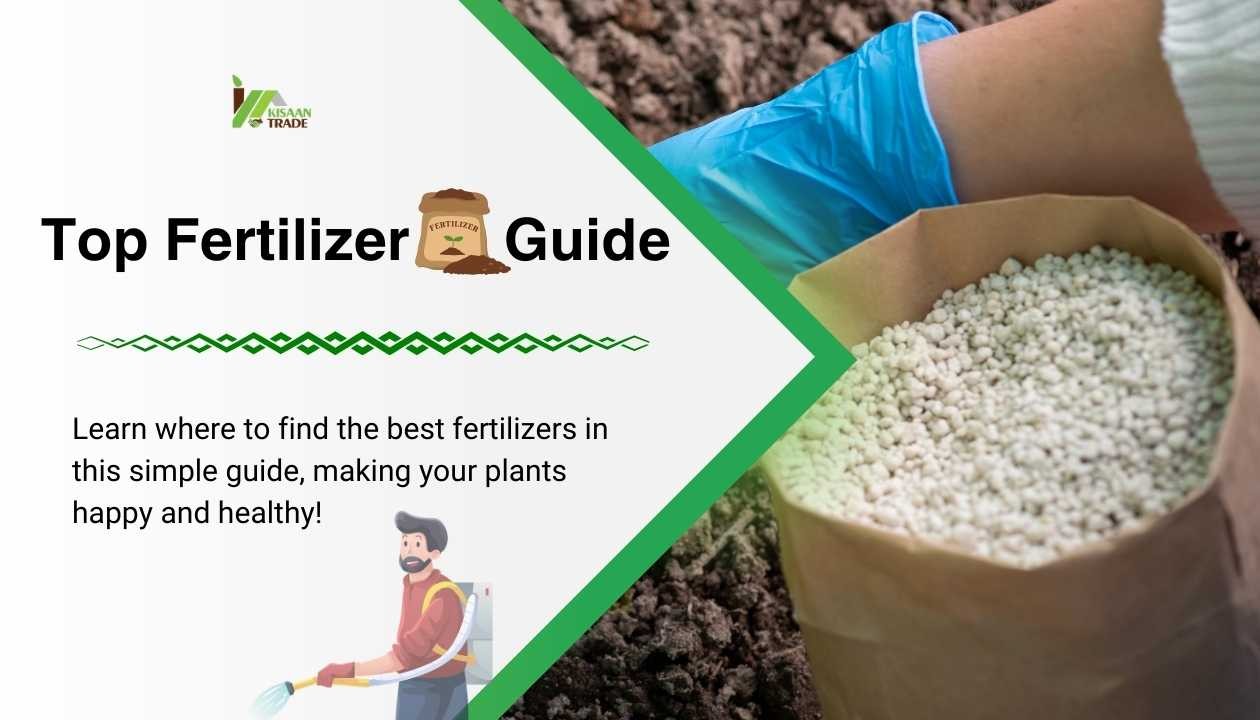
For higher crop yields and sustainable agriculture, the role of fertilizers cannot be underestimated. As we move towards 2024, our focus is on the use of better and safer fertilizers to not only increase productivity but also ensure environmental protection.
The agriculture and farming industry is constantly evolving, with new technologies and products being introduced to improve efficiency and sustainability. Fertilizers play a vital role in this evolution, providing crops with the nutrients they need to grow and thrive. However, conventional fertilizers often have drawbacks such as environmental pollution and health risks.
In response, the industry is moving towards better and safer fertilizers that promise to deliver nutrients more efficiently while minimizing negative impacts. The following topics will be discussed in this article:
- Importance of fertilizers in crop production
- Advances in fertilizer technology
- Types of safe fertilizers for 2024
- Benefits of using better fertilizers
- Best practices for fertilizer application
- Future trends in fertilizer development
By understanding these key areas, farmers and agribusinesses can make informed decisions to optimize their crop production while maintaining ecological balance.
Importance of Fertilizers in Crop Production
Fertilizers are important for replenishing soil nutrients that are depleted during crop growth. They provide essential elements such as nitrogen (N), phosphorus (P), and potassium (K), which are important for plant growth. The benefits of using fertilizers include:
Increased Growth and Yield
Fertilizers provide crops with the nutrients they need to grow, leading to healthier plants and higher yields. Nitrogen promotes leaf growth, phosphorus supports root and flower development, and potassium strengthens the plant’s overall structure and resistance to diseases.
Soil Health Maintenance
Constant cultivation can deplete soil nutrients, leading to reduced fertility. Fertilizers help maintain soil health by replenishing these nutrients, making crop production sustainable.
Improved Crop Quality
Adequate fertilizer not only increases yield but also improves the quality of the produce. For example, properly fertilized fruits and vegetables have better color, taste, and nutritional value.
Advances in Fertilizer Technology
Technological advances have led to the development of fertilizers that are more efficient, environmentally friendly, and safer for human health. Some of the major advances include:
Controlled-Release Fertilizers
Controlled-release fertilizers (CRF) release nutrients slowly over time, matching the nutrient absorption patterns of crops. This reduces nutrient losses due to leaching and volatilization, thereby increasing the efficiency of nutrient use.
Nano-fertilizers
Nano-fertilizers use nanotechnology to deliver nutrients more effectively. They have a greater surface area and can be absorbed by plants more efficiently, leading to better growth and a reduced environmental impact.
Bio-fertilizers
Bio-fertilizers contain living microorganisms that increase the availability of nutrients to plants. These include nitrogen-fixing bacteria, phosphate-solubilizing bacteria and mycorrhizal fungi. Bio-fertilizers improve soil fertility and promote sustainable farming practices.
Organic Fertilizers
Organic fertilizers are derived from natural sources such as compost, manure and bone meal. They release nutrients slowly and improve soil structure and microbial activity, leading to better long-term soil health.
Types of Safe Fertilizers for 2024
There are different types of safe fertilizers available in the market that meet different agricultural needs. Here are some of the top choices for 2024:
1. Controlled-Release Fertilizers
- Osmocote® Smart-Release Plant Food: This fertilizer provides a balanced supply of nutrients over time, reducing the need for frequent applications.
- AgroLiquid® Controlled-Release Nitrogen: Designed to release nitrogen slowly, this fertilizer enhances crop growth while minimizing environmental impact.
2. Nano-Fertilizers
- Nano Urea by Indian Farmers Fertilizer Cooperative (IFFCO): This nano-fertilizer promises high nitrogen use efficiency, reducing the amount of nitrogen required per hectare.
- Nano Green by Grow Nano Tech: A versatile nano-fertilizer that improves nutrient absorption and promotes vigorous plant growth.
3. Bio-fertilizers
- Rhizobium Bio-fertilizer: Enhances nitrogen fixation in legume crops, thereby improving soil fertility and crop yield.
- Phosphorus Solubilizing Bacteria (PSB): Increases phosphorus availability in the soil, promoting root growth and overall plant health.
4. Organic fertilizers
- Compost: Rich in organic matter and nutrients, compost improves soil structure and fertility.
- Bone Meal: Provides a slow-release source of phosphorus and calcium essential for root growth and flowering.
Benefits of Using Advanced Fertilizers
Using advanced and safe fertilizers offers several benefits, including:
Increased Nutrient Efficiency
Modern fertilizers are designed to release nutrients in sync with crop growth stages, ensuring maximum nutrient absorption and minimal wastage.
Less Impact on the Environment
By reducing nutrient runoff and leaching, these fertilizers help protect water bodies from pollution and reduce greenhouse gas emissions associated with conventional fertilizer use.
Improves Soil Health
Organic and biofertilizers improve soil structure, enhance microbial activity, and enhance nutrient cycling, thereby promoting soil health over the long term.
Cost Savings
Controlled-release and nano-fertilizers often require fewer applications, reducing labor and material costs over the growing season.
Best Practices for Fertilizer Application
To maximize the benefits of fertilizers, it is essential to follow best practices in their application. Here are some tips:
Soil Testing
Perform a soil test to determine nutrient deficiencies and pH levels. This information helps in selecting the right type and amount of fertilizer.
Proper Timing
Apply fertilizers at the right time, preferably during the early growth stages of crops, to ensure optimal nutrient absorption.
Proper Dosage
Follow recommended dosage rates to avoid over-fertilizing, which can lead to nutrient runoff and environmental pollution.
Proper Method
Use the proper application method, such as broadcasting, side-dressing or fertigation, depending on the type of fertilizer and crop requirements.
Integrated Nutrient Management
Combine organic, bio and synthetic fertilizers to create a balanced nutrient management plan that enhances soil fertility and crop productivity.
Future Trends in Fertilizer Development
The future of fertilizers is oriented towards sustainability, efficiency and innovation. Here are some trends to watch in 2024 and beyond:
Precision Agriculture
The integration of precision agriculture technologies, such as GPS and remote sensing, allows for precise application of fertilizers, optimizing nutrient use efficiency and reducing environmental impact.
Smart Fertilizers
Smart fertilizers equipped with sensors and IoT technology can monitor soil conditions and release nutrients accordingly. This technology ensures that crops get the right amount of nutrients at the right time.
Eco-Friendly Formulations
The development of eco-friendly fertilizer formulations that reduce carbon footprint and enhance soil health is gaining momentum. These include bio-based and biodegradable fertilizers.
Advanced Bio-Fertilizers
Advances in microbiology and biotechnology are leading to the development of more effective bio-fertilizers that can fix atmospheric nitrogen, solubilize phosphorus and promote plant growth.
Conclusion
Boosting your crops with better and safer fertilizers in 2024 is essential to achieve higher yields, improve soil health and promote sustainable farming practices. By understanding the latest advances in fertilizer technology and following best practices in their application, farmers can optimize their crop production while minimizing environmental impact.
The future of fertilizers lies in innovation and sustainability. As new technologies and products continue to emerge, staying informed and adapting to these advancements will be crucial to the success and sustainability of modern agriculture. By investing in better, safer fertilizers, you can ensure a prosperous and environmentally friendly farming future.
Recent Posts
Aquaritin NPK 19:19:19 Nano Silica-Based Fertilizer: Innovation in Modern Agriculture
Mar 22, 2025
Fertilizers
Kisaan Trade Introduce Agro Innovation Factory For Smart Farming
Mar 18, 2025
Agri Machinery & Tools


